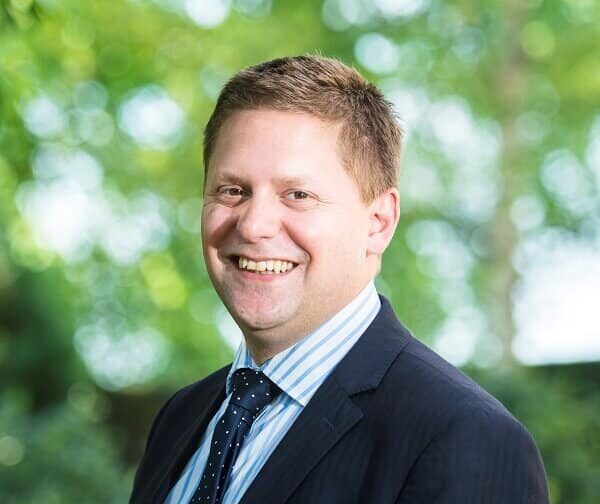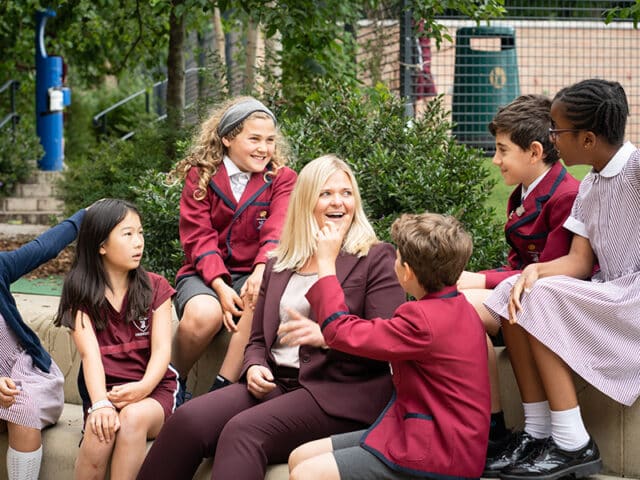Blog
The Importance of Teaching Modern Foreign Languages in Primary Education

Lisa Hyde
MFL Lead, King's Hawford
Read the blog
‘I love learning about different countries’.
‘it’s such fun!’
‘I really like learning new words’.
Here at King’s Hawford, hearing confident young people chanting, singing, having conversations and lots of laughter in another language is a joy, whether in French, German, Spanish, Russian or most recently, Mandarin. The curiosity and confidence our pupils demonstrate are just two key reasons why we believe that all pupils should experience specialist modern language learning from an early age. Throughout the King’s Foundation, we extol the importance of having the ability to communicate in multiple languages, a skill which has become highly valuable in today’s interconnected world. While many people recognise the importance of learning foreign languages in secondary or higher education, introducing modern foreign languages into primary education has its own distinct advantages.
Are language lessons solely focused on learning new words? As one of our pupils recently told me, the reason he loves language lessons is because he learns a lot about other countries and people, ‘but I like learning the words too!’, the latter seeming like a by-product of his learning! What his comment rightly indicates is that in the primary phase we are fortunate to have the time to explore different cultures and traditions without the time restraints facing our senior colleagues. As linguists, we know how language and culture are inextricably linked and aid in the spiritual, moral, social and cultural development of the child and help to foster an appreciation of diversity. We are preparing our youngsters for, what will hopefully be, a bright future of global citizenship and the power of instilling young children with this essential cultural sensitivity and respect surely cannot be underestimated.

‘It’s such fun!’, said a former year 6 pupil in one of their last language lessons at King’s Hawford . With a decline in numbers of children sitting GCSE examinations in a foreign language in the UK, starting in primary school makes language learning an appealing, fun and normal part of their weekly curriculum. We are in a great position to exploit the lack of inhibition and foster the curiosity young pupils demonstrate before they reach the self-conscious teenage years. Our young pupils are receptive to language learning and have an innate curiosity when learning new words and sounds, but most importantly they are less anxious learners, and this is something we need to harness. We can, and we do, appeal to their sense of fun and their desire to take risks by providing highly interactive, practical, game-based lessons, with digital intervention, all of which create a sense of enjoyment for young children.

Likewise, we cannot ignore the cognitive development and academic benefits learning a foreign language brings to a child’s general education and their literacy skills. Learning a language teaches us to be careful listeners, problem solvers, critical thinkers, and we are able to work with sustained focus, creativity and to multitask. Former Ofsted Chief Inspector Sir Michael Wilshaw described how “the best primary schools” feature language lessons on their curriculum in Key Stage 2: “The best primary schools recognise that providing excellent teaching in subjects like foreign languages and science promotes good literacy and numeracy skills. This complements, rather than detracts from, the focus on English and mathematics.”
And lastly, we cannot ignore the hopes we have of a brighter future for our children in terms of career opportunities and preparation for their futures. Our daughter and her friends graduated this year from the University of Exeter, many of whom had studied a foreign language in addition to their major subjects of English, science, maths and history. At interviews with prestigious UK and European companies, they reported a good deal of time being spent on discussions around their time abroad and the personal growth they experienced as a result. Being bilingual or multilingual ranks highly in the eyes of employers who are seeking candidates with excellent communication, analytical and problem-solving skills, and we, as primary educators, have an important part to play early on in this journey.

Modern foreign language teaching and learning is highly valued by the King’s School, its pupils and their parents, and for this, I am very grateful. As a foundation, we are preparing children for a future where language skills are increasingly essential, promoting cultural awareness, furthering cognitive development, and fostering confidence in our pupils to communicate effectively in our diverse world. As teachers of MFL, incorporating foreign languages into primary education is, surely, an investment in the future of our children and society as a whole.


